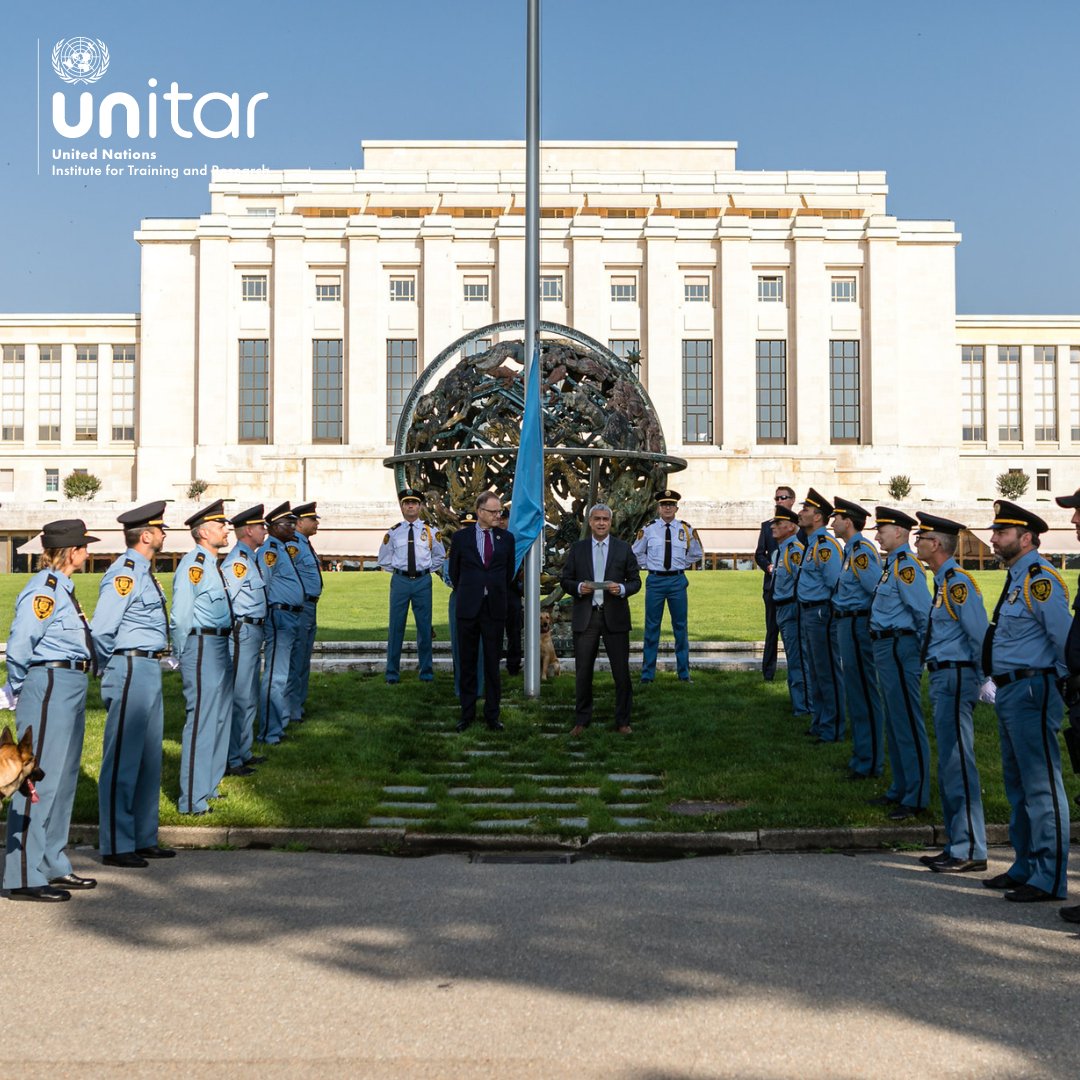The United Nations and its related bodies, agencies and programmes convene thousands of formal and informal, official and unofficial, meetings and conferences each year. Representatives of governments and from other bodies such as international and non- governmental organizations must be able to professionally operate in a multilateral environment, whether for a work-related social or conference event setting. Understanding and studying the informal and formal rules of this community enables the diplomat and professional to more effectively do his or her job. In this context, diplomatic protocol remains a basic necessity of a diplomatic representative or professional.
The United Nations Institute for Training and Research (UNITAR) has developed the e- Learning course United Nations Protocol to increase awareness and understanding of the mechanics and practice of diplomatic relations at United Nations Headquarters and regional offices, by extension facilitating peaceful relations among Member States.


